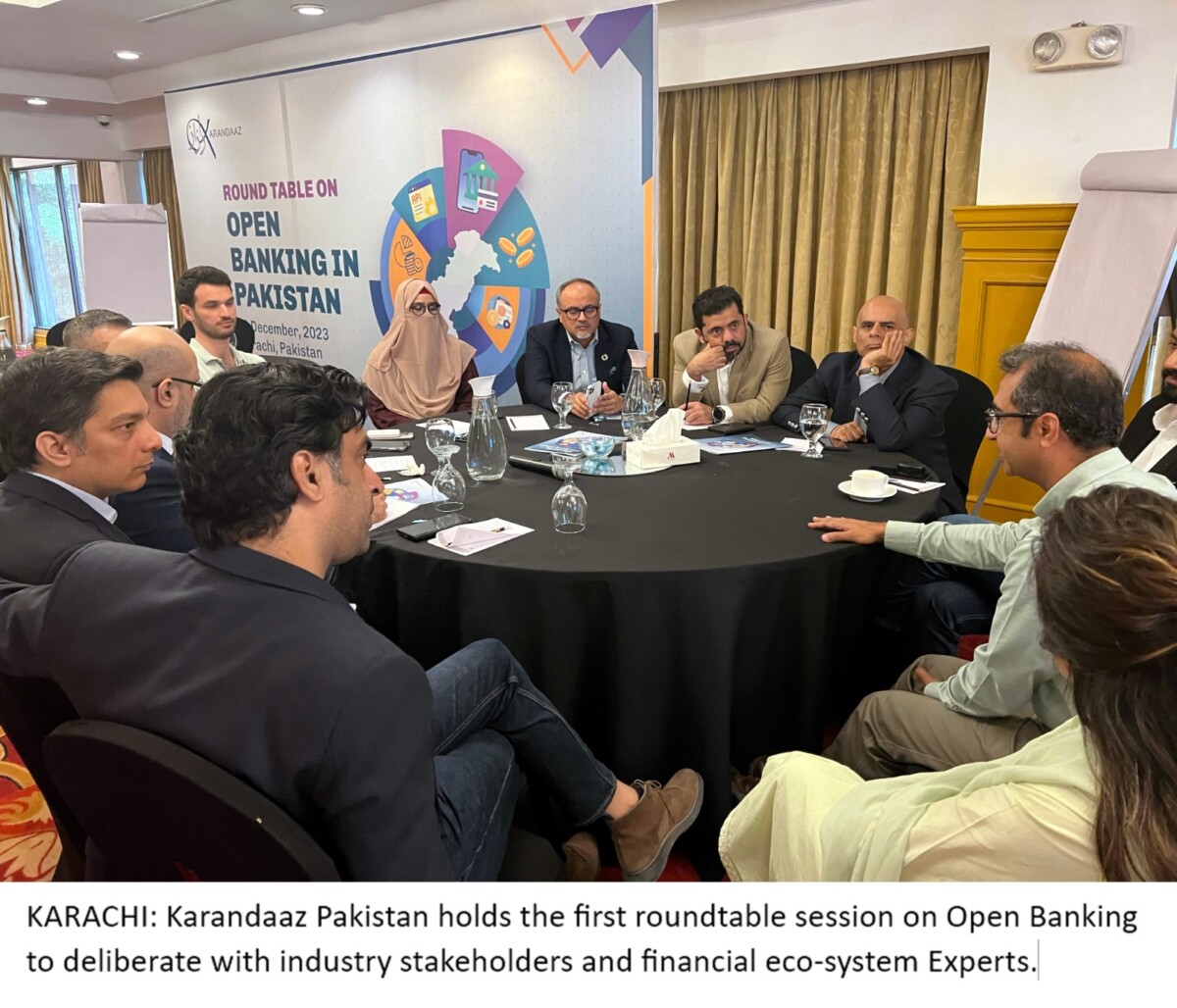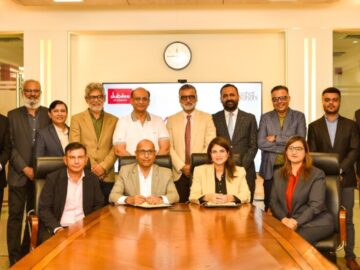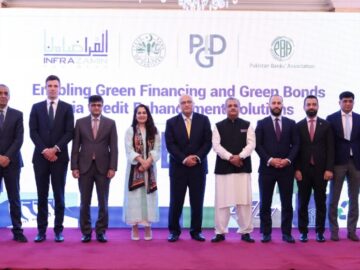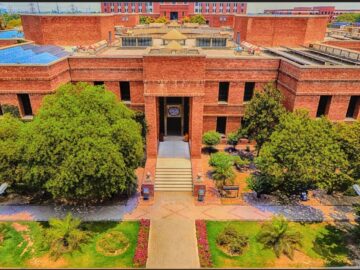
Karandaaz Pakistan, a development finance firm at the forefront of promoting financial inclusion and driving digital transformation in Pakistan, held the first roundtable session to deliberate on Open Banking with industry stakeholders including senior representatives from regulators, banks, fintech, and technology platforms among others. Karandaaz Pakistan recently issued a white paper that explores the advantages of Open Banking and deliberates on its prospects in Pakistan.
The roundtable session held in Karachi on Thursday is the first of a series of activities initiated to gather industry insights and recommendations from stakeholders. Senior leadership from the State Bank of Pakistan, Bank Alfalah Limited, Meezan Bank, Daraz, Haball, Keenu, Tapsys, SadaPay, 1LINK, National Institutional Facilitation Technologies (NIFT), Blinq, Digital Miles, Tasdeeq Pakistan, Allied Bank Limited and Mashreq Bank participated in the Karandaaz roundtable session.
Sharjeel Murtaza, the Director for Digital Financial Services at Karandaaz opened the roundtable session and shared that it was heartening to see the industry and regulator come together to seize the opportunity of Open Banking. He further stated that for Open Banking to be successful in its truest sense, an absolute consumer-centric approach has to be taken and consumer data should be made portable without compromising its security and privacy.
Furthermore, Murtaza stated that given the success of Raast, Karandaaz is committed to supporting the enablement of an Open Banking ecosystem now as it can directly help lower the barriers to accessing financial services and innovation.
Sohail Javaad, the Executive Director for Digital Financial Services Group at the State Bank of Pakistan, in his keynote, highlighted the importance of data in today’s age. He stated that Open Banking holds the potential to improve the customer journey and optimize banking services as per customer needs. It is pivotal for the advancement of banking in Pakistan, benefitting both banked and unbanked populations.
The SBP Digital Financial Services director further stressed that a consent management architecture (CMA) will be a key component to ensure customer data protection, adding that, since the data is owned by the customer, it necessitates that cost savings and/or revenue generated from Open Banking will benefit the customer. He further shared that reciprocity between the different actors within the ecosystem would be a key requirement.
Karandaaz representatives briefed the industry experts about the salient features of the Open Banking concept. The participants shared their feedback about what would be the best-suited model of open banking in Pakistan. They further shared recommendations on multiple matters including data-sharing protocols, understanding of the pricing model, account-linking mechanisms, and customer protection.
This roundtable session of stakeholders on Open Banking will be followed by further engagements and activities aimed at initiating conversation around Open Banking and moving towards its implementation in Pakistan.










